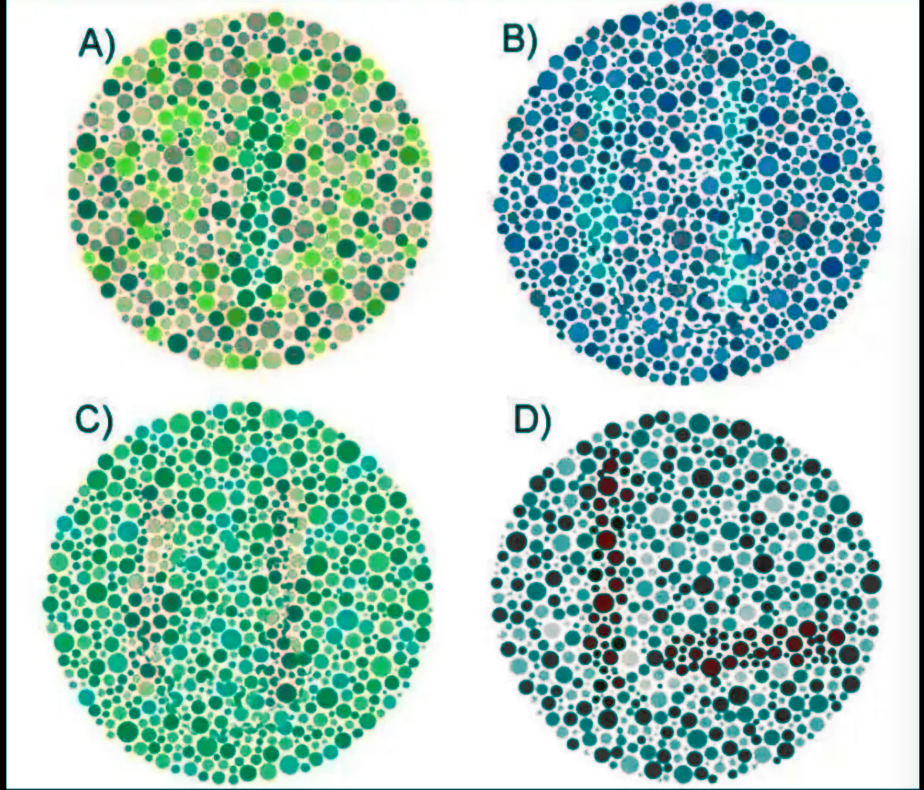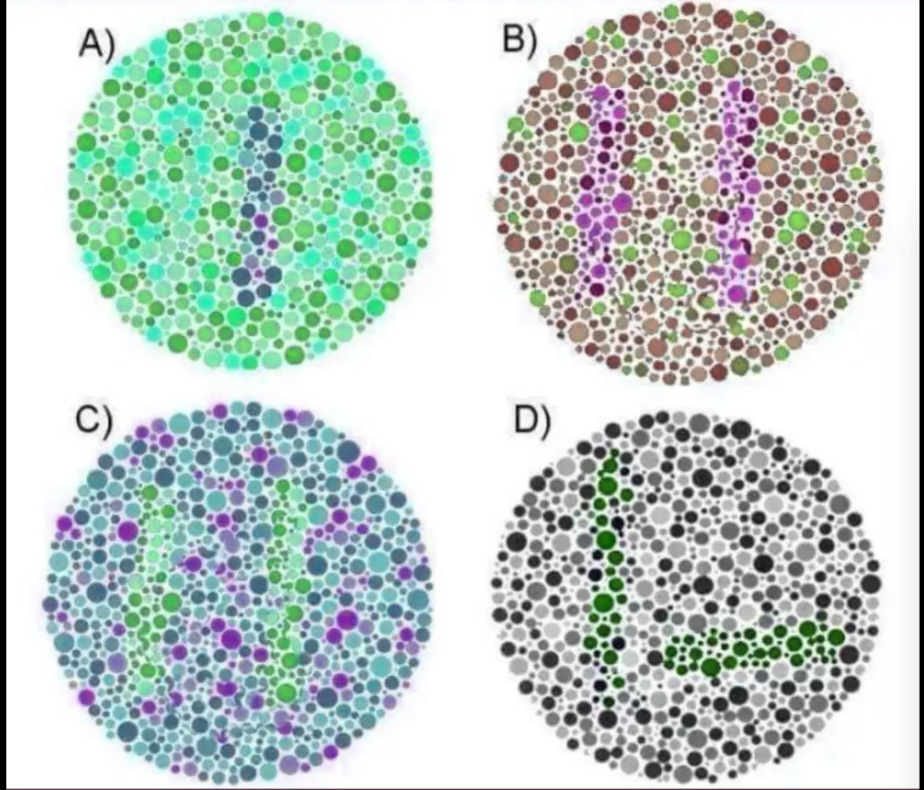I don’t know what the final turnout figures will be, but if it is a lower turnout, I can think of a few:
- 2020 was the easiest year to mail in a ballot ever, and it got harder again as states reinstated various difficulties with mail in ballots.
- So many people didn’t have to go into work in 2020, they had more flexibility to vote however they needed to do it.






A candidate that expressed nuanced understanding of economic principles would have been less likely to win the election.
A candidate that instead promises answers that intuitively sound right. If imports are expensive, then obviously the big business owners will build domestic and give us more money. If you get rid of immigrants, then the business owners will have to pay more for citizen workers. Simple answers that are easier for people to believe in.
Attempts to explain nuance? That ranges from nerds overcomplicating things and/or those darned liberal elites trying to truck them.
This cuts both ways. In 2020 Biden won not due to a more sophisticated understanding of things, but simply because things were bad, and the other guy therefore was the obvious choice. So to overcome an incumbent, you just have to have people believe stuff is bad, and provide some believable explanation that you could fix it.